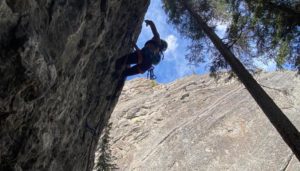IFSC’s Last Minute Rule Change Throws Athletes Into Uproar at Meiringen World Cup
The International Federation of Sport Climbing (IFSC) changes the one fundamental principle of competition bouldering at Meiringen
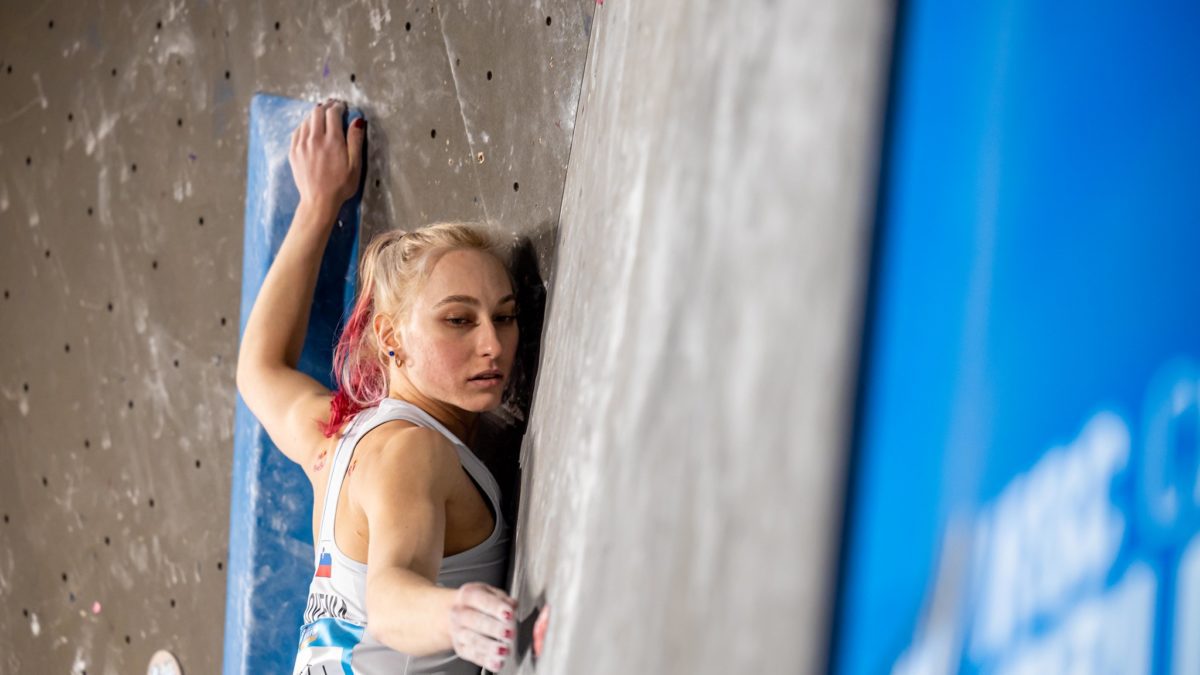
This morning, several World Cup athletes protested a rule change by the IFSC. Serbia’s Stasa Gejo and Germany’s Alex Megos posted on their Instagram feeds about a last-minute rule change.
In the past, Boulder World Cups followed an on-sight format. This means that competitors left isolation without prior knowledge of the forthcoming problems. Instead, they would figure it out on the mats. However, yesterday’s qualification rounds at the Meiringen World Cup, and today’s semi-final, featured images of the round’s problems.
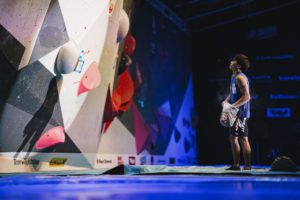
The Post
Until now, athletes never knew what awaited them on the mats. In direct contradiction to the feedback given by several members of the athletes’ commission, the IFSC made an unprecedented decision: today, photos of all qualification boulders were provided to athletes and coaches in the warm-up and holding area. The implementation was fundamentally flawed; athletes did not have an equal amount of time to analyse the photos and the male competitors did not even see the images until they were in the warm-up zone.
This harms the nature of competitive bouldering, in which athletes adapt to a perpetually changing environment under time pressure. This is the magic of bouldering – the creativity of problem solving is what makes our sport unique. Competition bouldering showcases the physical strength and mental fortitude of athletes. We, the athletes and coaches, state our categorical objection and appeal the ruling to provide competitors with information regarding boulder problems pre-climb. We hope to ensure the continued evolution of our sport in a direction which reflects the respectful and fair competitive mindset of participating teams.
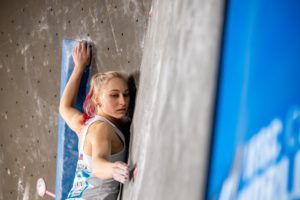
Past Controversial Decisions
In the past, the IFSC has had to make difficult decisions. Part of existing as a governing body comes with making tough calls in service of the federation and its athletes. Service is subjective, but it could mean bettering the opportunities for athletes in their sport. When the IFSC made their decision regarding the 2020 Olympic format with the IOC, many flew into an uproar. While understandable, this frustration evaporated as it became clear that this format allowed the most climbers the most opportunities in the long run.
By providing three disciplines, in one event, the groundwork was set for the eventual evolution of Olympic Sport Climbing to become three events. If Sport Climbing became three medal events, the sport would have a higher profile. It would accrue more attention as a result and more climbers would have the opportunity to compete on the Olympic stage. Track and swimming benefit from having similar variety in their disciplines.
Furthermore, it seems to be working. Sport Climbing will run as a two medal event in Paris 2024. It also seems likely that Sport Climbing will run as a three medal event in the Los Angeles 2028 Olympic Games.
To that effect, the recent decision by the IFSC to partner with Discovery Plus worked toward growing the sport. Not only would the IFSC have more money as a result of this partnership, it also made the sport more accessible to people that do not already watch it. Of course, it is expensive for Europeans that wish to watch the competitions live, but from an athlete and industry perspective, it raises the sport’s profile. This helps grow the sport which is the goal of any sport federation.
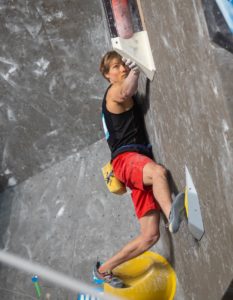
The Problem
The decision offered yesterday, and repeated today, however, has flaws. The bouldering Sport Climbing discipline is described by rapid problem-solving and by strength. In forfeiting the on-sight format, climbers become the result of their resources. Most everyone on the IFSC circuit has the capacity to climb the boulders that appear in a round. Having the time and space beforehand to determine how to complete a problem removes one of the three critical challenges of the sport. Although physical difficulty is maintained, and an amount of beta reading remains, the autonomy the individual sport disappears. It is suddenly a team sport bolstered by coaches.
The fact that both coaches and athletes oppose this premise speaks to the critical nature of this decision. They are concerned as this change turns bouldering into a different sort of competition. Furthermore, they recognize that running orders provide different climbers with different amounts of time to review the forthcoming boulder problems. That is an unfair system.
In either case, the most important point for consideration comes from the fundamental nature of the sport. Bouldering is the sport of problem solving. With the removal of problem solving, Boulder competitions change completely.
Featured image of Janja Garnbret by Jan Virt.
